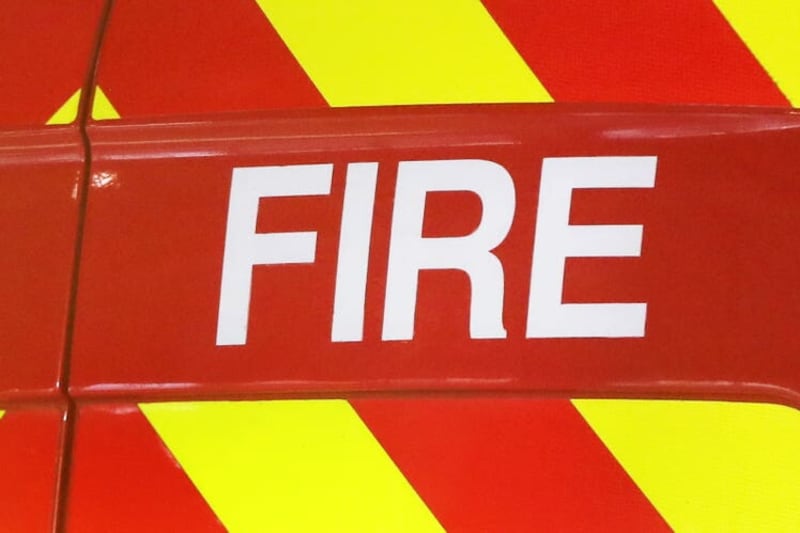Approximately 2,000 SIPTU members who work as retained firefighters at more than 200 fire stations around the country are engaging in a week of industrial action.
The trade union said the retained firefighters are striking to ensure that the Government’s report on the future of the service will be implemented to resolve the “recruitment and retention crisis that threatens to collapse this essential and life-saving community resource”.
The action came into effect after midnight on Tuesday morning and is scheduled to last one week.
Retained firefighters are not full-time employees and are instead paid a retainer to be on call for fire stations.
The system is designed to provide 24/7 cover, with retained firefighters also receiving a per-callout fee.
While the retained firefighters are still responding to emergency callouts as normal, they will be refusing to engage with scheduled training and courses, large amounts of paperwork, and standard firefighting communications technology for the incident command system.
They will be communicating by phone rather than the radio equipment in the fire stations and fire appliances.
The firefighters say if there is not an urgent response to their concerns, they will escalate the action into the closure of roughly 50% of fire stations in every county.
🚨 Next week is the first national strike of retained firefighters in the history of the State.
Tom Kitterick a Retained Fire Fighter in Mayo explains why…
“I am 15 years in the service. It is impossible to attract and keep retained firefighters. The pay is too low.” pic.twitter.com/QLZiEJh1bW
— SIPTU (@SIPTU) June 2, 2023
SIPTU representative Tom Ketterick, a retained firefighter with the Mayo Fire Service, explained some of the main concerns of members: “We have huge problems retaining and recruiting staff and this is mainly due to the 24-hour, seven-days-a-week nature of the on-call service it is.”
He said members have to carry an alerter and get “no time off from that”.
“There’s a lack of fixed pay. You know, we get a small retainer to be on call and then we depend on the calls to make up our wages, and if you go to a bank or anyone with this for a loan, they only took at the fixed part of the income which is a very minute part.
“And, depending on your county council, you’ll be asked to live and work and remain 2.4 or 2.5 kilometers from the station at all times, with no break from that.”
He said if conditions were improved and recruitment was accelerated, there was the possibility of a more attractive and workable roster.
Mr Ketterick called on the Local Government Management Agency to “pony up” and implement the 13 recommendations of a Department of Local Government review into the sustainability of the service.
He said 60% of people in the retained fire service have indicated that they want to leave the service under current conditions.
“We don’t plan to return to negotiations without a proposal on the table to fix it.”
He said the proposed escalation from 13 June would be an approximation of that scenario, with around half of fire stations not operating.
“If the fire service collapses with 60% leaving, what we’re moving on to next week will be roughly what it looks like.
“There will be some stations that are so undercrewed that they have to close, that they can’t respond.
“And you might end up with a 50% or worse service. So it needs to be addressed urgently to save us from this.”
He said the public needs to know how “close to collapse” the service is.
“It’s kind of a hidden service until you need it, and then you automatically say it should be there somewhere in some form.”



